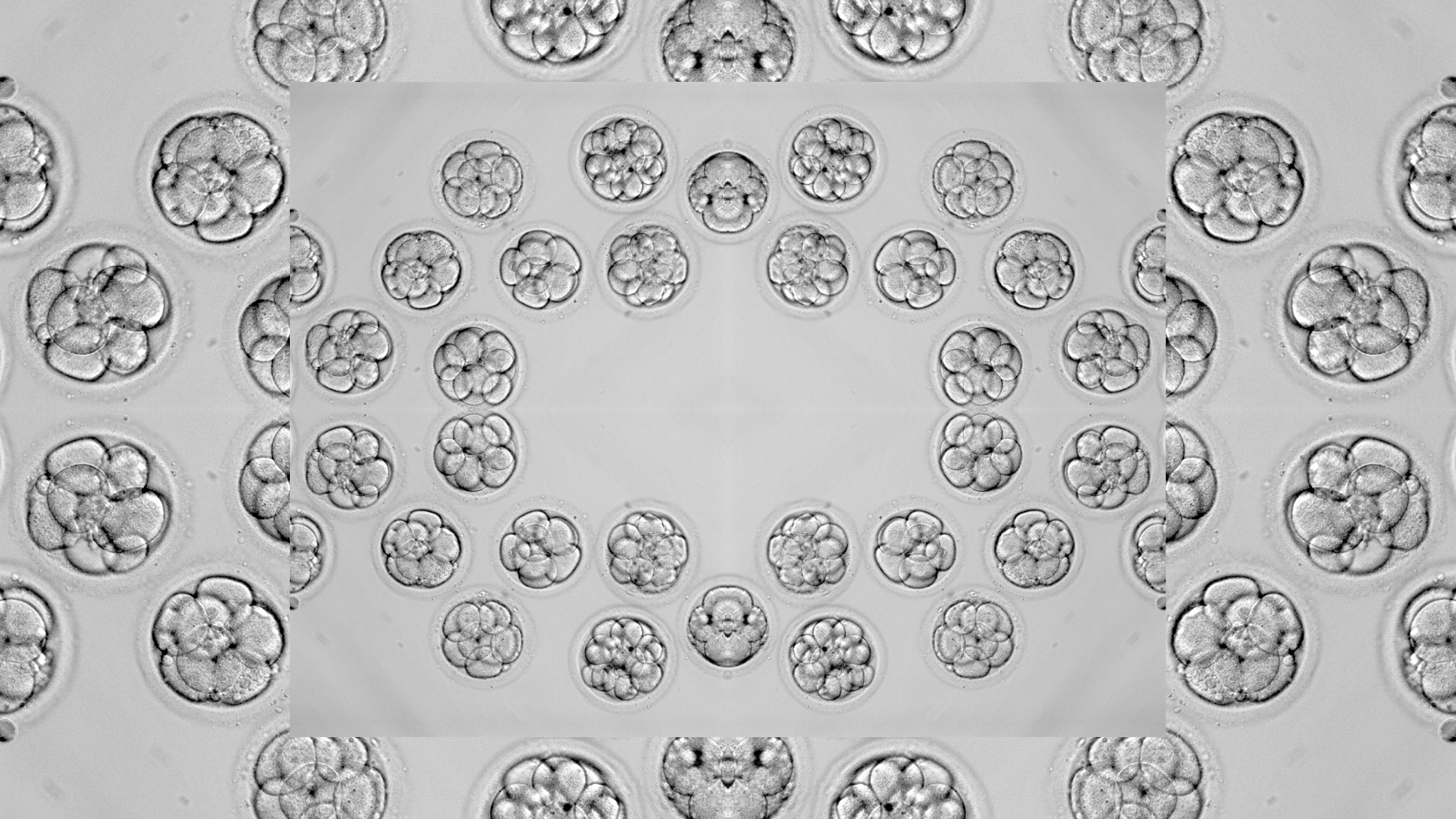Unveiling the Mystery: What is an Embryo?

Embryos are fascinating and complex beings, representing the earliest stages of human or animal life. Whether you're a science enthusiast or simply curious about the world's wonders, understanding what an embryo is can provide a deeper appreciation for the miracle of life. In this blog post, we'll delve into embryos' definition, development, and significance, shedding light on this intriguing topic without overwhelming you with scientific jargon. So, let's embark on a journey to unlock the secrets of the embryo!
1. Defining an Embryo:
In basic terms, an embryo is an organism in its earliest developmental stage, following the fertilization of an egg by sperm. This tiny, multicellular entity contains all the genetic information needed to develop into a fully-formed individual. While often associated with human reproduction, embryos can be found in various species, ranging from birds and fish to mammals.
2. The Stages of Embryonic Development:
Embryonic development is a captivating process filled with incredible transformations and milestones. Let's take a look at the critical stages:
a. Fertilization: This magical moment occurs when a sperm penetrates the egg's outer layer, merging its genetic material and forming a zygote.
b. Cleavage: The zygote begins to divide rapidly through a cleavage process, forming a cluster of cells known as a blastocyst.
c. Implantation: The blastocyst attaches itself to the uterine lining, signaling the start of implantation. Here, it receives nourishment and protection, ready to continue its development.
d. Gastrulation: During this stage, the blastocyst transforms into a three-layered structure called the gastrula. These layers give rise to different tissues and organs in the developing organism.
e. Organogenesis: The organs and body systems form as the embryo grows. This is when the heart, brain, limbs, and other vital structures take shape.
3. The Significance of Embryos:
Embryos hold immense significance in biology, medicine, and reproductive technologies. Here are a few key areas where embryos play a crucial role:
a. Research: Embryos provide valuable insights into the early stages of development and help scientists understand the complexities of life. Studying embryos also aids in advancing medical treatments and addressing genetic disorders.
b. Assisted Reproduction: For couples struggling with infertility, embryos created through in vitro fertilization (IVF) offer a ray of hope. These embryos can be implanted into the uterus, increasing the chances of a successful pregnancy.
c. Stem Cell Research: Embryonic stem cells possess the unique ability to develop into any cell in the human body. This feature holds great potential for regenerative medicine, hoping to treat a wide range of diseases and injuries.
4. Ethical Considerations:
The topic of embryos inevitably raises ethical questions, particularly concerning their use in research and reproductive technologies. Acknowledging and respecting different perspectives is essential, as they involve deeply held beliefs and values.
Embryos are an awe-inspiring aspect of life, representing the early stages of development and holding immense potential. Understanding what an embryo is can foster a deeper appreciation for the complexities of life and the advancements in science and medicine. Whether you're captivated by the miracles of science or simply curious about the world around you, the journey into the realm of embryos is fascinating. So, embrace the wonder and continue exploring the marvels of life!



